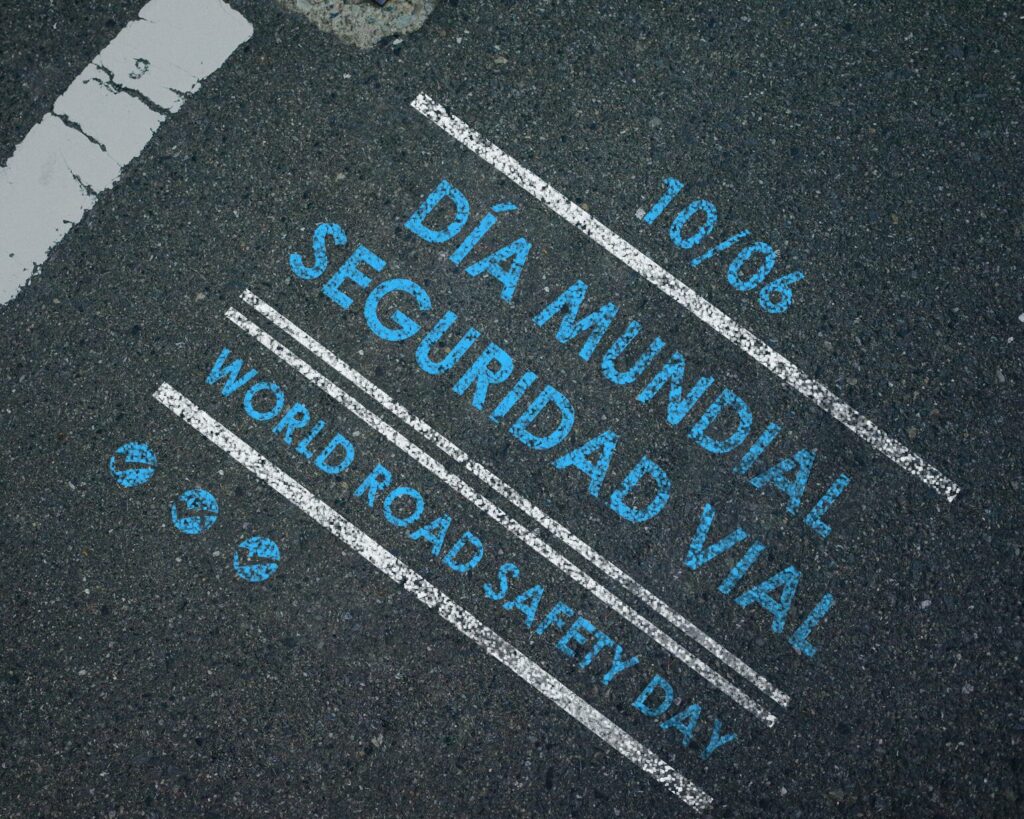Today, June 10, like every year, the World Road Safety Day worldwide and in Worldwide Group We once again claim the role of the Technical Vehicle Inspection (ITV) as one of the legs on which to rely on the Objective 0 road deaths and accidents programs. The United Nations General Assembly promoted a Global Plan for the Decade of Action for Road Safety 2011-2020 with which countries were urged to reduce the number of deaths and serious injuries on roads by 50% in 2020. , a challenge previously launched by the EU for the years 2000-2010. Spain achieved a reduction of 44% and Autopistas supported this cause, exceeding the previously set objective.
A crucial role in this reduction is played by the Vehicle Technical Inspection legislation that has applied in Spain since 1985 and that, in a model with a lot of room for improvement and possibilities for the future, guarantees that a large part of the national vehicle fleet circulates on the roads with minimum security guarantees. Eduard Fernández, Executive Director of CITA (International Vehicle Technical Inspection Committee)He was very clear about the Spanish model: "Spain is above the minimums dictated by the European Union in ITV, for example in the categories of vehicles that are inspected."
Using the Spanish motorcycle inspection model as an example, he compares it with the rest of Europe as a "challenge" while in Spain it is something "routine." Using the section on motorcycles as an illustrative example, Fernández is blunt with our model, pointing out that "In many points the Spanish model is an example for other countries."
In the interview at the Vehicle Technical Inspection days organized by AECA-ITV also mentions that the system The ITV system in Spain combines robustness and regulatory adaptability. The European Directive is transposed in Royal Decree 920/2017, of October 23, complemented by the ITV Station Inspection Procedure Manual. This framework has allowed adaptations, such as during the pandemic, minimizing the presence of inspectors in vehicles.
Other points of the ITV in Spain, key to guarantee Road Safety
In addition to periodic inspections, ITV centers in Spain offer additional services such as inspection for renovations, management of vehicle service changes, registration of imported vehicles, verification of taximeters and annotations in the technical sheet. Few countries offer such a wide range of technical-legal services through their ITV network.
Spain is a pioneer in areas such as measuring motorcycle noise, checking the maximum speed of mopeds and verifying taximeters with GPS. It has some of the most advanced vehicle technical inspection centers in the world, and its technicians are global leaders in topics such as nitrogen oxide emissions, measures against vehicle tampering and electric propulsion.
The Spanish Association of Collaborating Entities of the Administration in the Technical Inspection of Vehicles (AECA-ITV) maintains that the fundamental principle of the ITV in Spain is the independence of other activities related to vehicles, guaranteeing objectivity and impartiality in its actions. Annually, the more than 400 ITV stations in Spain carry out around 20 million inspections, saving 723 lives and avoiding at least 15,641 road accidents and 13,110 injuries, according to a study by the Carlos III University of Madrid. These data demonstrate the value of this mandatory procedure, whose main objective is to improve road safety and environmental protection, a source of pride for Spaniards.
Road Safety, a table with several legs
Road safety is based on several pillars: in the case of the ITV it guarantees safe vehicles, but public-private collaboration is essential to develop and maintain effective regulations. Road awareness and education encourage responsible behavior, while the individual responsibility of each driver is crucial to prevent accidents. Furthermore, adequate and well-maintained infrastructure is essential to reduce accidents. On World Road Safety Day, let us remember that this goal is a collective commitment that requires everyone's contribution.



